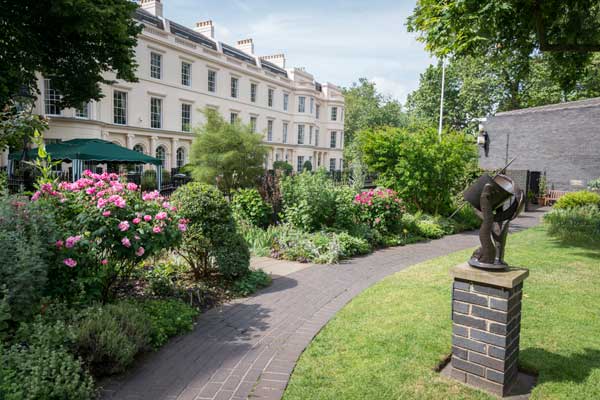Friday, March 1, 7:00 pm Eastern – Building a Community of Interest and Response to an Invasive Species, Live and Online
On Friday, March 1, the New England Botanical Society will hold its monthly meeting at 7 pm at Harvard University’s Haller Lecture Hall and also live via Zoom. Dr. John Daigle, Professor of Forest Recreation Management, School of Forest Resources, University of Maine in Orono, will speak on Building a Community of Interest and Response to an Invasive Species Threatening Maine’s Ash Trees and Wabanaki Cultural Lifeways. Free. Non-members may register for the meeting access link here.
For the past 15 years, Dr. John J. Daigle, a citizen member of the Penobscot Nation, has been working on a project mobilizing diverse interests to address potential threats from invasive species in Maine – the case of the Emerald Ash Borer. The research seeks to study and facilitate the ways that Wabanaki, basket-makers, tribes, state and federal foresters, university researchers, landowners and others come together to prevent, detect, and respond to the threat of Emerald Ash Borer. He has published research with co-authors on outreach and education, management, and policy. In 2023, the Ash Protection Collaboration Across Wabanakik or APCAW was created, offering informative webinars and in-person trainings, as well as a dedicated APCAW website for recorded sessions and other program information.


